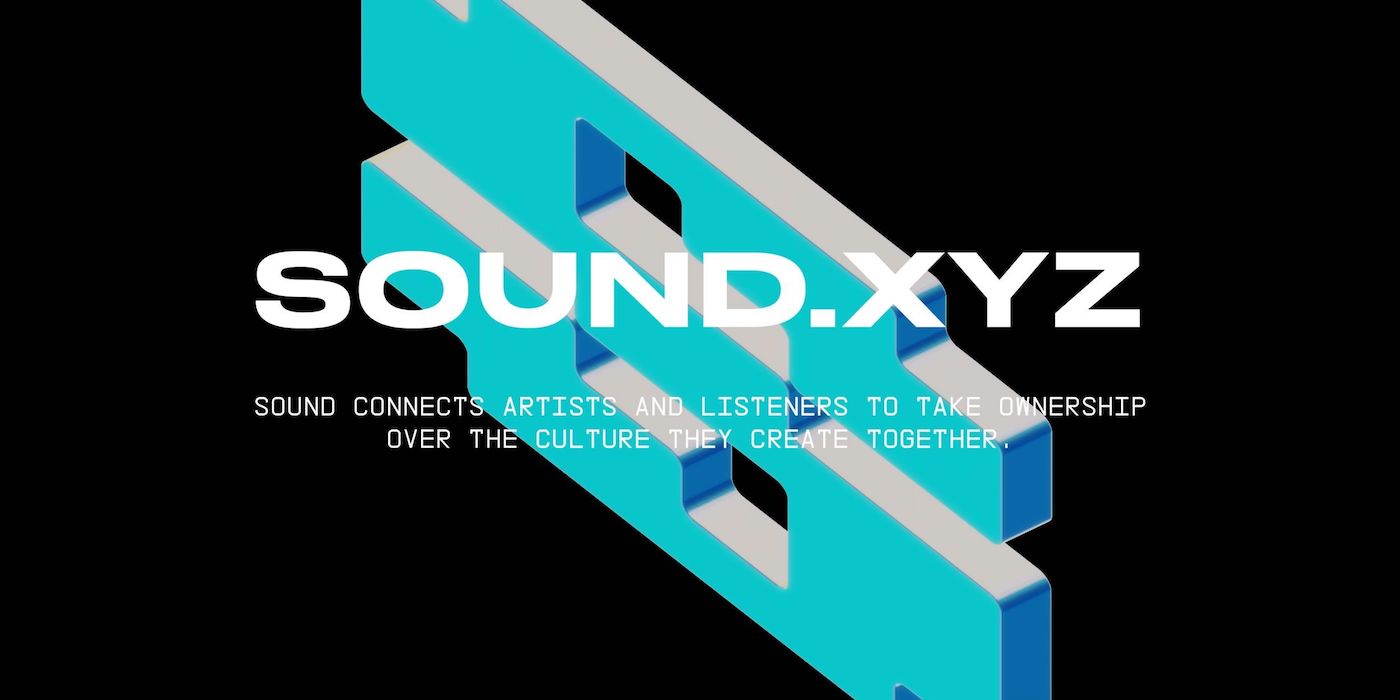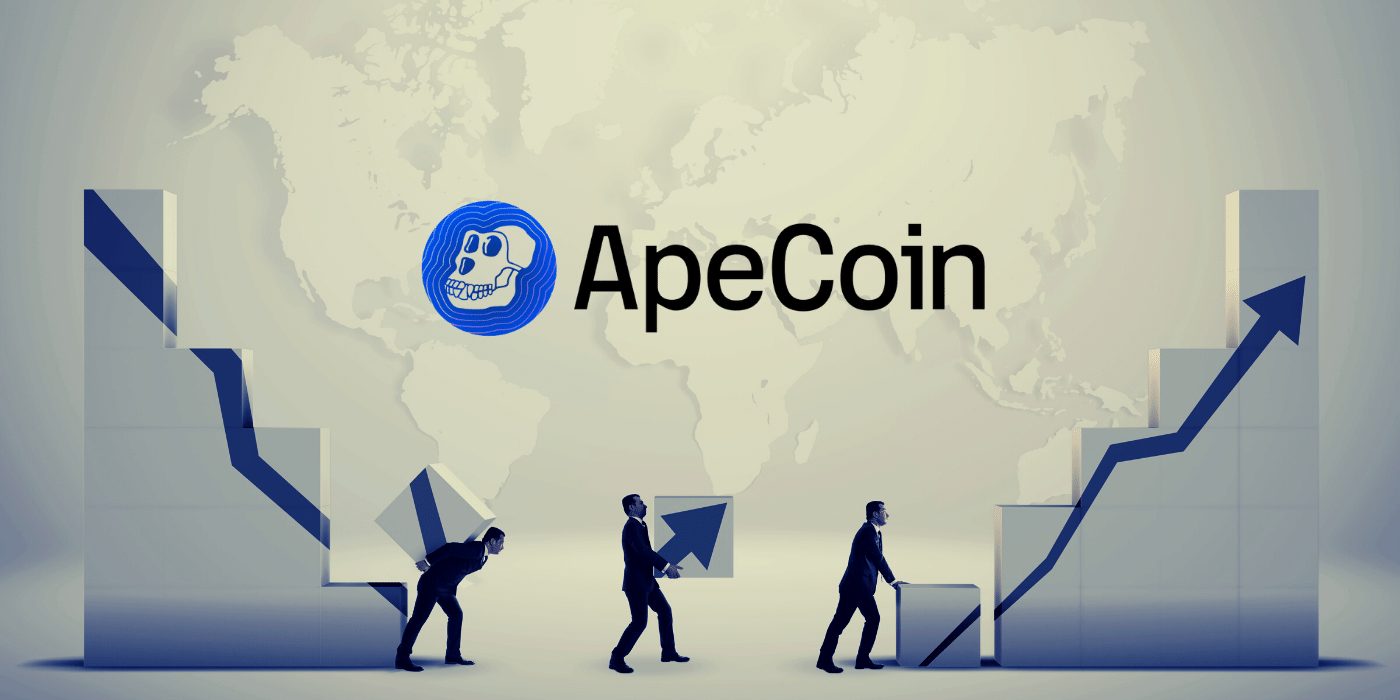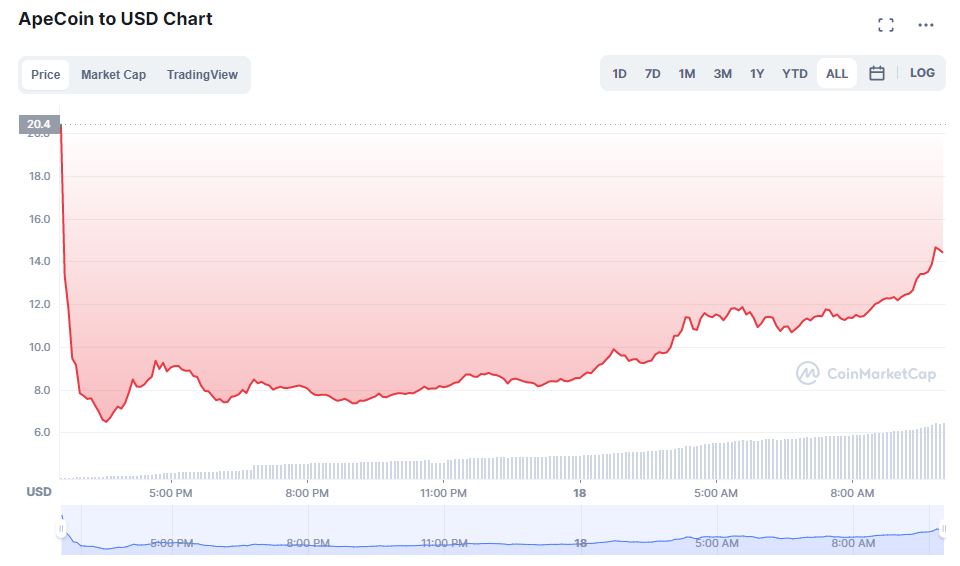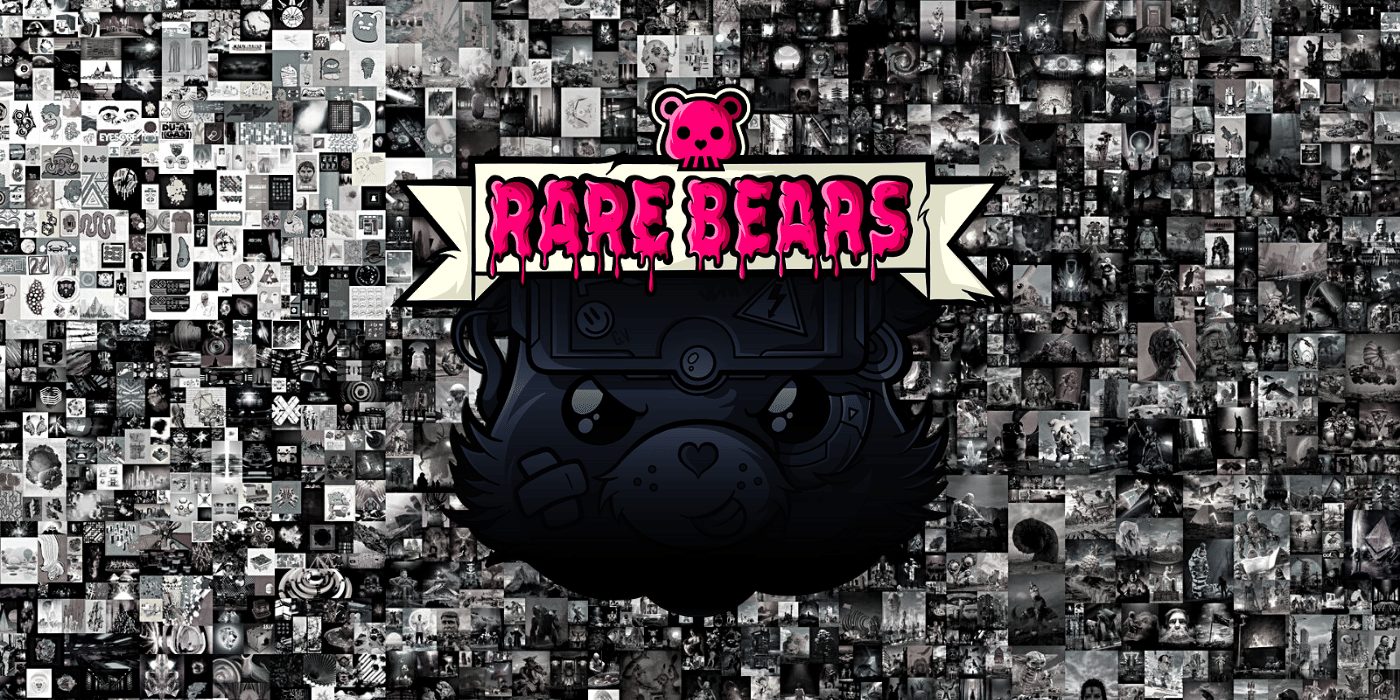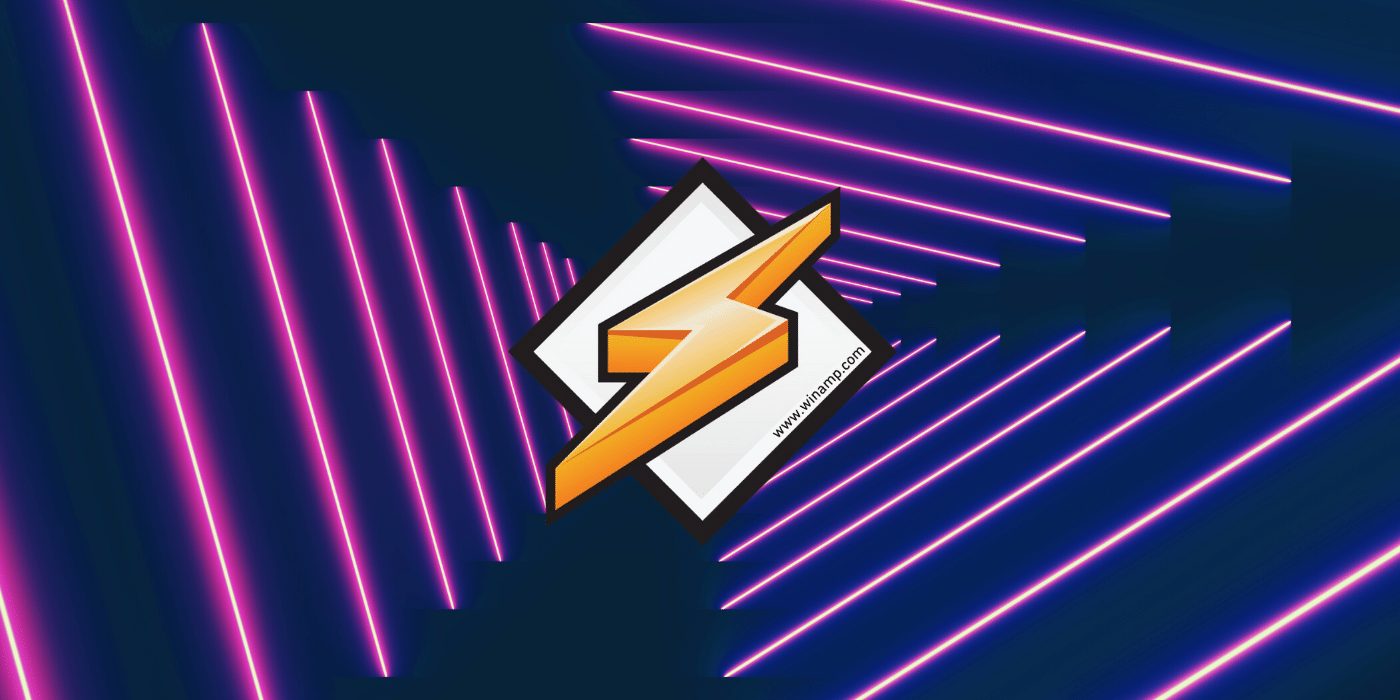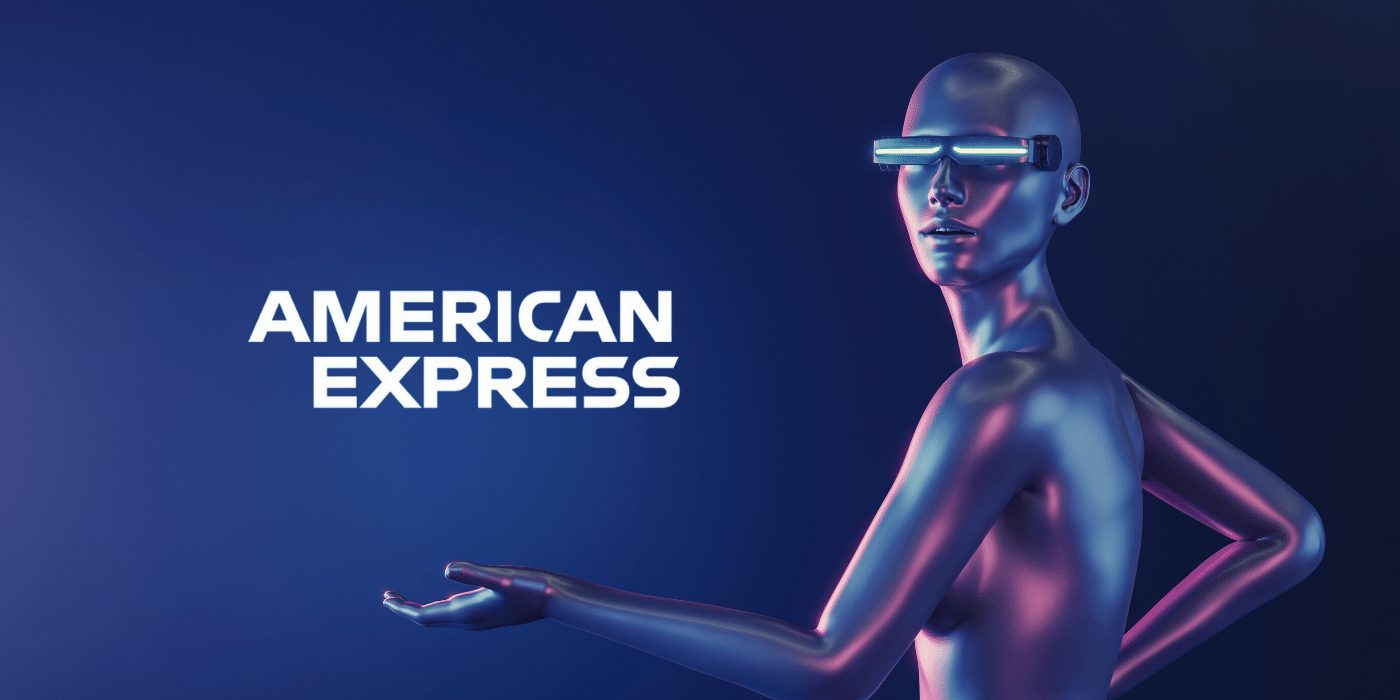A new survey conducted by Balthazar, an Australian NFT gaming company, has found that one in three people would be willing to quit their job if NFT games could allow them to work full-time as gamers.
At least 32 percent of the survey’s 1,103 respondents – predominantly from the Philippines – said they would engage full-time in NFT games if they allowed them to earn the same as, or more than, their current jobs.
Balthazar CEO John Stefanidis says he isn’t surprised by the survey’s findings:
[Gamers] love play-to-earn games and many are ready to quit their other jobs to play NFT games instead, as they could potentially be earning the same, if not more, from playing NFT games.
John Stefanidis, CEO, Balthazar
However, the majority of respondents believe the P2E ecosystem is still in its infancy and is not mature enough to provide them with an adequate income. Over two-thirds said they would need to earn between US$1 to $20 per day (those who have jobs in the Philippines earn an average US$316 per month, or about US$16 per workday) to play NFT games full-time.
Other respondents said they could just play NFT games while keeping their jobs. Some, however, can’t afford NFT assets to even start playing, the reason why Balthazar offers scholarships for its users.
P2E Disrupting the Games Industry
The rise of non-fungible token video games has provided gamers with an opportunity to earn a passive income, thanks to the P2E (Play-to-Earn) model implemented by popular titles such as Axie Infinity.
With the rise of NFT games, a new inducement to engage newcomers to the space is via scholarships, basically a practice where owners of NFTs transfer their assets to new players who don’t own any of their own to play for them and receive a percentage of the earnings. This became a popular method within the Axie Infinity community:
We believe that play-to-earn games will be the biggest disruptor in the crypto space this year, as well as the video game industry, as more gaming companies, crypto holders and traditional investors are investing in the space.
John Stefanidis, CEO, Balthazar
However, it seems some are not happy with the rise of the NFT and P2E industries, tagging them as creators of “bullshit jobs” – a term coined by American anthropologist David Graeber whose 2018 book of the same name analyses the societal harm of meaningless jobs.
By way of perspective, a report published by the Blockchain Game Alliance in December showed that NFT games generated US$2.3 billion in revenue in the third quarter of 2021 alone, and generally saw remarkable growth throughout the year.



